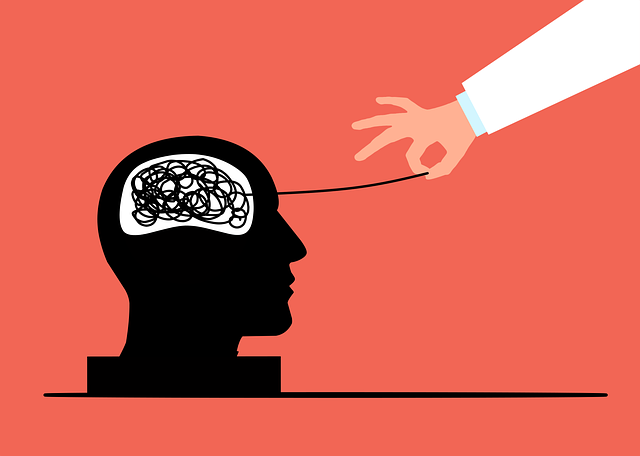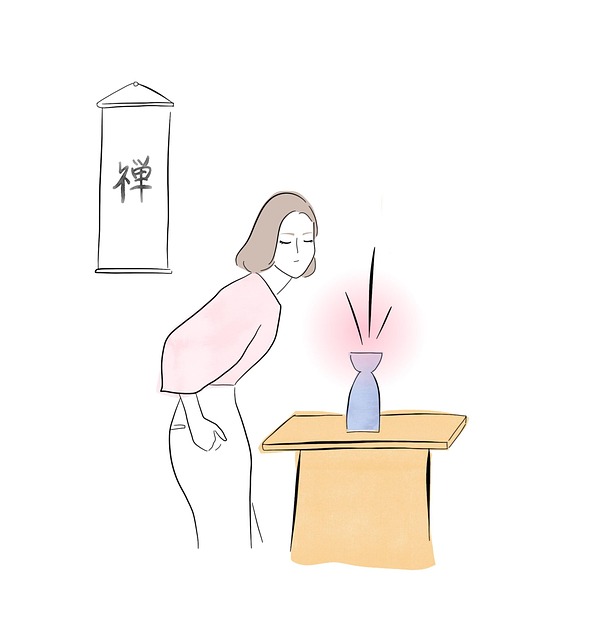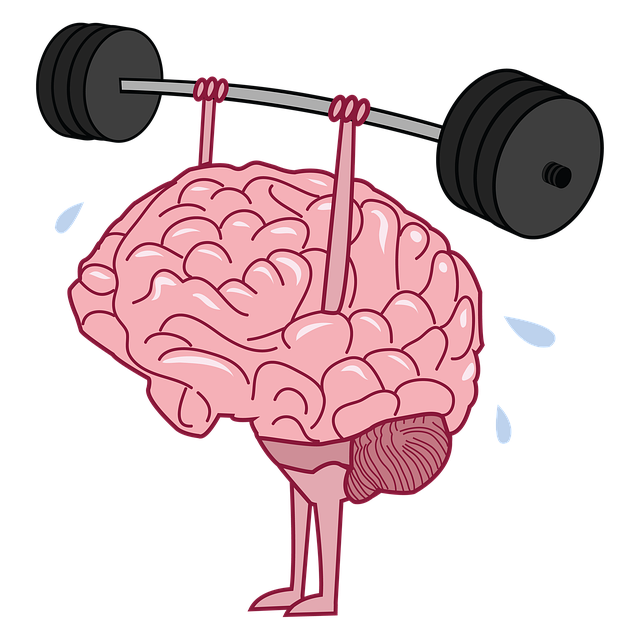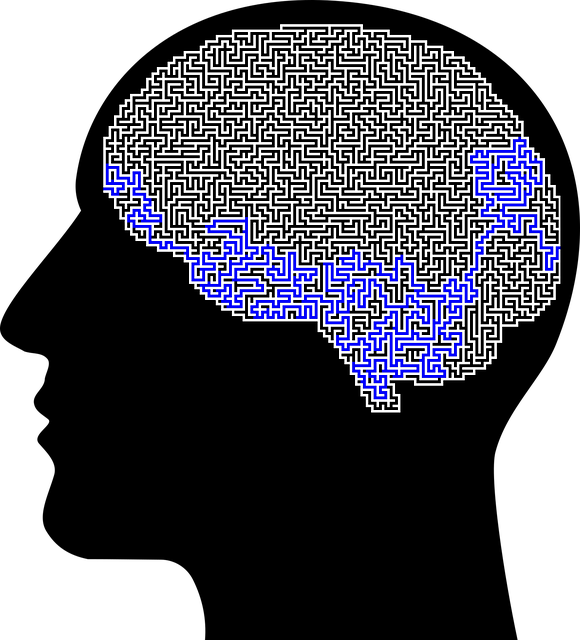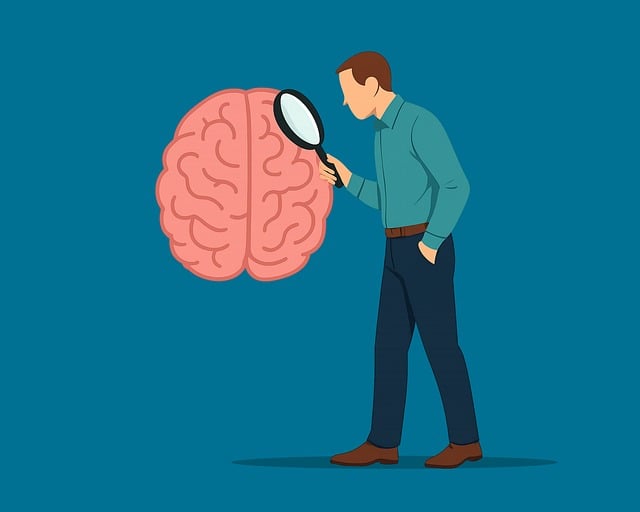Stress management is crucial in treating young adults' sexual addiction, as unaddressed stress can drive impulsive behaviors and lead to addiction. Through cognitive behavioral therapy (CBT), group support, trauma services, and conflict resolution techniques, specialized therapeutic approaches empower individuals to develop emotional intelligence and mindfulness practices. These skills, coupled with time management tools, foster resilience against burnout and promote long-term mental wellness for young adults grappling with sexual addiction. Public awareness campaigns further support these efforts by addressing the unique stressor challenges faced by this demographic, ultimately encouraging positive contributions to society.
“Stress management techniques are essential tools for young adults navigating today’s demanding world. This comprehensive guide delves into the intricate relationship between stress, sexual addiction, and mental health among youth. We explore how these issues intertwine, impacting overall wellbeing.
The article offers insights on effective therapy approaches tailored to address young adults’ sexual addiction, emphasizing cognitive-behavioral therapy (CBT) and mindfulness practices. Additionally, practical stress management techniques are presented to empower individuals with long-term coping skills, fostering resilience in the face of life’s challenges.”
- Understanding Stress and Its Impact on Young Adults
- The Link Between Sexual Addiction and Stress Management
- Effective Therapy Approaches for Sexual Addiction
- Practical Stress Management Techniques to Teach
- Building Resilience and Coping Skills for Long-Term Wellbeing
Understanding Stress and Its Impact on Young Adults

Stress is a prevalent issue among young adults, often stemming from academic pressures, career aspirations, financial obligations, and social expectations. This demographic faces unique challenges that can contribute to significant psychological strain, potentially leading to various mental health concerns. The impact of chronic stress on young adults can be profound, affecting their emotional well-being, physical health, and overall quality of life.
In the context of healthcare, addressing stress management is crucial, especially for young adults grappling with issues like sexual addiction. Therapy for Young Adults Sexual Addiction requires a comprehensive approach that considers the unique stressors and cultural backgrounds of this population. Healthcare Provider Cultural Competency Training plays a vital role in equipping professionals to offer effective support. By integrating Burnout Prevention Strategies for Healthcare Providers into their practices, therapists can foster healthier relationships with clients, ultimately enhancing the delivery of stress management techniques tailored to young adults’ diverse needs.
The Link Between Sexual Addiction and Stress Management

Unaddressed stress can lead to a range of issues, including those related to sexual behavior and addiction. For young adults struggling with sexual addiction, stress management techniques are crucial tools in their recovery process. Similar to burnout prevention strategies for healthcare providers, learning to identify and mitigate stressors is essential to breaking unhealthy patterns and promoting positive change.
Therapy for young adults dealing with sexual addiction often incorporates various stress reduction methods, such as mindfulness practices and emotional intelligence development. By teaching individuals to recognize and manage their emotions effectively, these techniques help reduce impulsive behaviors that may arise from unprocessed stress. This holistic approach not only assists in overcoming sexual addiction but also equips them with valuable coping skills for life’s challenges, ensuring better overall well-being and preventing future relapses.
Effective Therapy Approaches for Sexual Addiction

For young adults struggling with sexual addiction, specialized therapy approaches are crucial for effective management and recovery. Cognitive Behavioral Therapy (CBT) is a widely recognized method that focuses on identifying and changing unhealthy thought patterns and behaviors related to sexual addiction. This approach empowers individuals to develop healthier coping strategies and make positive behavioral changes. By exploring the underlying causes and triggers, CBT helps young adults regain control over their lives and make informed decisions regarding their sexual health.
In conjunction with CBT, group therapy sessions facilitate a supportive environment where individuals can share experiences, gain insights, and learn from one another. This aspect is particularly beneficial for young adults as it promotes peer support and fosters a sense of community. Additionally, Trauma Support Services play a vital role in addressing any co-occurring trauma that may contribute to sexual addiction. Integrating conflict resolution techniques into therapy can also help individuals navigate interpersonal issues and develop healthier relationships, which are essential components of overall mental wellness. The Mental Wellness Podcast Series Production can further enhance these services by providing accessible resources and ongoing support beyond traditional therapy settings.
Practical Stress Management Techniques to Teach

In teaching practical stress management techniques, it’s essential to equip young adults with a toolkit that caters to their unique needs and challenges. One effective approach is integrating mindfulness practices into daily routines. Simple exercises like deep breathing, guided meditations, or yoga can significantly reduce stress levels and enhance emotional regulation. These activities encourage individuals to connect with their bodies and minds, fostering a sense of calm amidst chaotic lifestyles.
Additionally, teaching time management skills and setting realistic goals can be transformative. Young adults often face pressure from academic demands, social expectations, and personal aspirations. Learning how to prioritize tasks, break down large projects into manageable steps, and practice self-care through balanced schedules boosts confidence and overall well-being. This combination of emotional regulation and improved time management is crucial in managing stress, especially for those navigating complex issues like sexual addiction, and can be further supported by public awareness campaigns development focused on mental health.
Building Resilience and Coping Skills for Long-Term Wellbeing

Building resilience is a crucial aspect of stress management that equips individuals with the ability to adapt and bounce back from challenging situations. For young adults, this process involves developing coping skills to navigate life’s pressures and traumas, such as sexual addiction, which can significantly impact their mental health. Therapy plays a pivotal role in fostering emotional healing processes by providing a safe space to explore and understand these issues. Through structured support, individuals learn to identify triggers, develop healthy coping mechanisms, and build a stronger sense of self-worth. This resilience is not just about overcoming specific challenges but also about cultivating a mindset that enables long-term wellbeing.
By integrating effective stress management techniques into their lives, young adults can reduce the risk of burnout, which is a common consequence of unresolved mental illness stigma and unaddressed emotional trauma. Building resilience empowers them to face future stressors head-on, ensuring they have the tools to maintain stability and foster positive mental health outcomes. This proactive approach not only benefits individuals in their personal lives but also has implications for their overall success and contribution to society.
Stress management techniques are essential tools for young adults navigating the complexities of life. By understanding the profound impact of stress on mental health, especially in relation to sexual addiction, we can empower individuals with effective therapy approaches and practical coping strategies. Integrating these practices fosters resilience and long-term wellbeing, offering a holistic approach to supporting young adults in managing their stress and overcoming sexual addiction. This comprehensive guide highlights the importance of early intervention and education, providing valuable insights for both individuals seeking help and professionals aiming to assist them.
